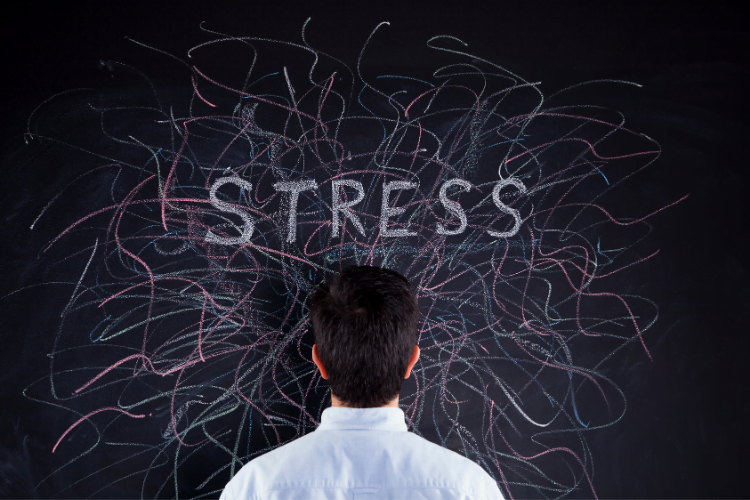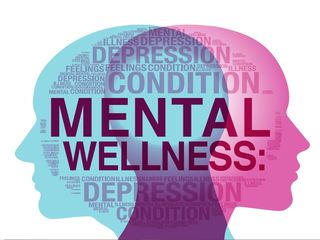Global AI in healthcare market expected to rise to $164B by 2030
The market size for 2023 was $10.31 billion
Read more... It's been well documented that the pandemic was a major source of stress and mental health issues for many people, for a number of reasons: people were stuck in their homes for months thanks to an infectious disease that killed over one million Americans. In fact, it would be weird for that not to have an effect on most people.
It's been well documented that the pandemic was a major source of stress and mental health issues for many people, for a number of reasons: people were stuck in their homes for months thanks to an infectious disease that killed over one million Americans. In fact, it would be weird for that not to have an effect on most people.
Yet, now that the pandemic is mostly in the rear view mirror, and there are no more COVID restrictions, people are still stressed out; in fact, new research from real estate data company Clever shows that they're more stressed than they've ever been.
Of the 1,000 U.S. adults who were surveyed, 61% said their stress is at an all-time high, and 59% said the past 12 months have been the most stressful of their entire lives; that includes 65% of Millennials, 64% of Gen Zers, and 43% of Baby Boomers.
This has led to a noticeable decline in their mental health: 55% saying they're unable to enjoy life and 61% say they experience physical symptoms as a result of their stress, including headaches or a lack of sleep. A shockingly high number of Americans, 48%, say they cry once a week. Overall, 48% of Gen Zers rate their mental health as poor or very poor, compared to 40% of Millennials, 34% of Gen X, and only 17% of Boomers.
All of thi has a sort of spiral effect, in which the stress hurts their mental health, and that, in turn, stresses them out even more: 57% say they're stressed about their mental health, including 62% of Millennials, 70% of Gen Z, and 51% of Gen X, though 32% of Boomers said the same.
As for which specific issues are actually causing Americans the most stress, the biggest is personal finances, with 61%. A majority also cited mental health, with 57%; physical health, with 53%; and debt, with 55%. The lowest factor was job/career, with 45% citing this as their biggest source of stress.
One of the biggest sources of stress for people is the news and social media: 60% say the news increases their stress, while 63% say social media has been bad for society, including 69% of Gen Z Americans, 62% of Millennials, 61% of Gen X, and 63% of Boomers.
And yet, nearly a third say they're doing nothing to improve their mental health, with only 27% seeing a therapist. Of those who don't go to therapy 27% say it's too expensive, 24% think they don't need to, while 12% don't think therapy works.
What they are doing instead to relieve stress is listening to music, watching TV and movies, sleeping, talking to loved ones, and interacting with a pet.
As bad as things seem now, though, most people have a bright view of the future: 59% say they'll be less stressed a year from now, while 71% say they'll be less stressed 10 years from now.
(Image source: heartresearch.org.uk)
The market size for 2023 was $10.31 billion
Read more...At Culture, Religion & Tech, take II in Miami on October 29, 2024
Read more...The company will use the funding to broaden the scope of its AI, including new administrative tasks
Read more...